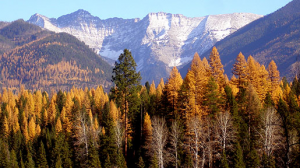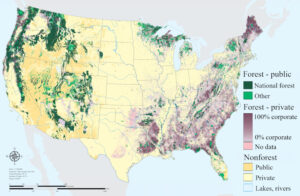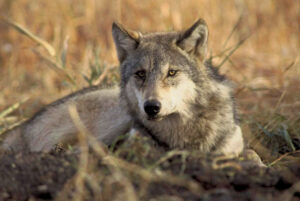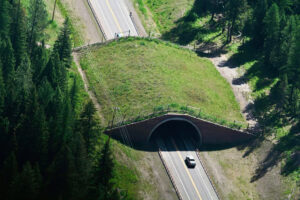
“The Flathead National Forest is adjusting the way planning projects are announced and public comments are solicited.” Short version: There is a separate project announcement email list. (Sign up for the list here: https://www.fs.usda.gov/r01/flathead/projects.) Project comments will need to be sent to the individual project manager. There will be no formal time-frame for comments and feedback.
If this sounds a little vague, that’s because it is, in fact, a little vague.
If the little veins aren’t standing out on your forehead yet, here’s the text of the October 14, 2025, press release. That should do the trick . . .
From: Anthony B. Botello, Forest Supervisor
Dear Interested Stakeholder:
The Flathead National Forest is adjusting the way planning projects are announced and public comments are solicited. You are being contacted because you have expressed interest in Flathead National Forest projects, have previously submitted comments, or have subscribed to project information email bulletins.
On January 20, 2025, President Trump signed the Executive Order, Unleashing American Energy. This E.O. directed the Council of Environmental Quality (CEQ) to provide guidance on implementing NEPA to expedite and simplify the permitting process. CEQ responded to this direction by rescinding its NEPA regulations, creating a path for agencies to reform their own NEPA procedures.
On July 3, 2025, the Department of Agriculture (USDA) removed seven agency-specific regulations implementing the National Environmental Policy Act (NEPA), including those for the U.S. Forest Service, and replaced them with new department-wide NEPA regulations. As a result of these recent changes, the Flathead National Forest is beginning to implement new E.O.s and USDA direction by more efficiently complying with NEPA, especially in regards to projects that address forest health and fuel reduction or other active forest management objectives.
Notices of proposed actions (scoping) will no longer be sent by way of email mailing list. I encourage you to look to our webpage as the primary source of project information and updates at https://www.fs.usda.gov/r01/flathead/projects. You may also sign up for information and be alerted to happenings around the Forest.
Your comments and input remain valuable to our project development and informing decisions. Rather than only engaging public at specific and restricted timeframes, please provide your input on Flathead National Forest projects at any time during project development. To keep informed, please monitor our project webpage, selecting the project that interests you, and contact the individual listed as the project leader.








